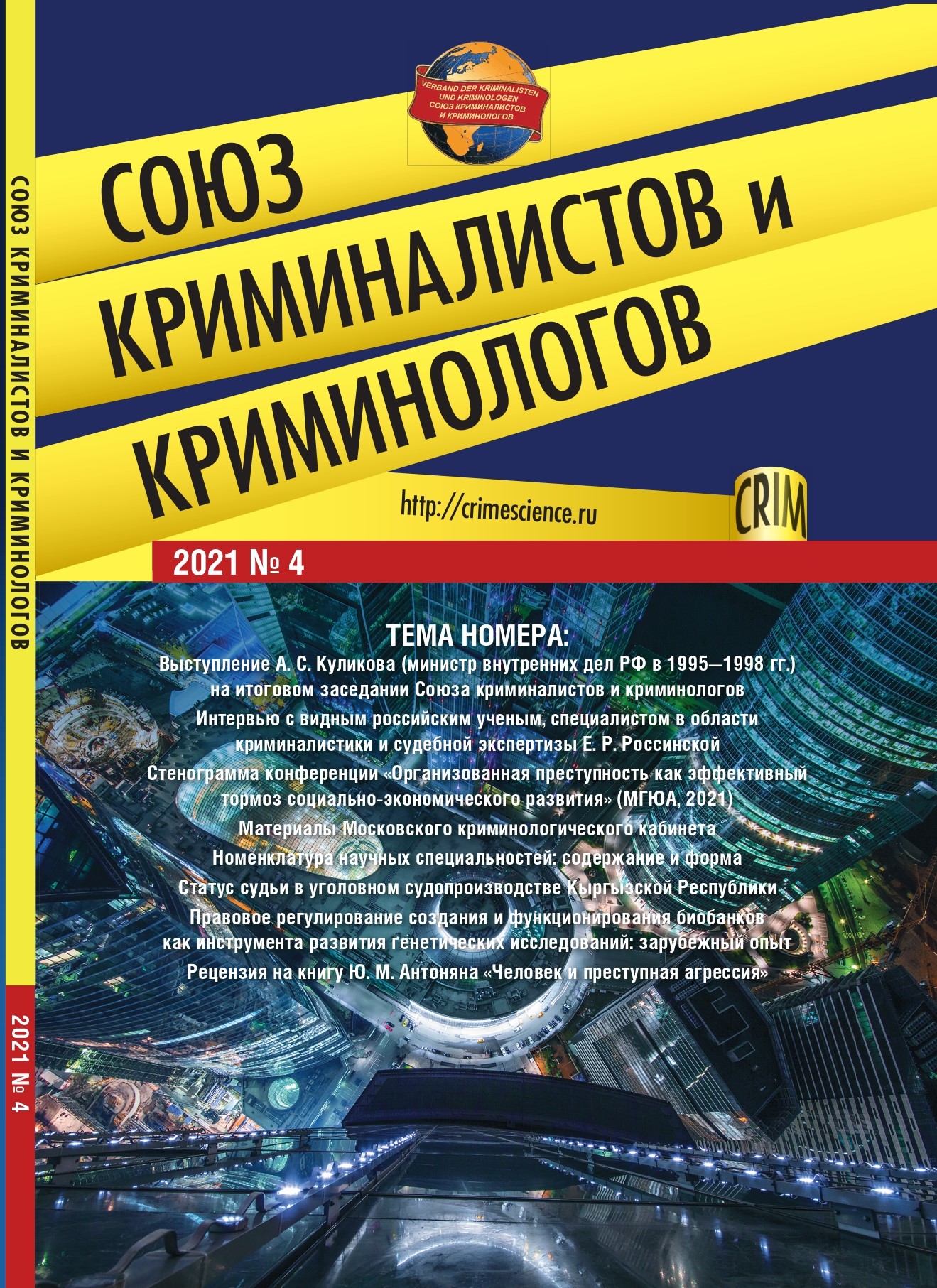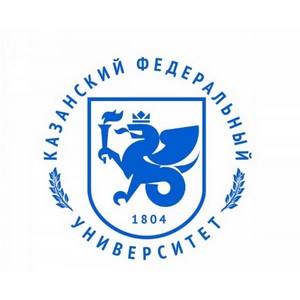“Most of the traces studied by criminalistics will soon be digital”
Along with digitalization, the criminal world is also developing: it is increasingly difficult for law enforcement to solve crimes that are becoming high-tech. A Moscow expert told about how the science of criminology keeps up with new trends at a seminar in Kyrgyz Russian Slavic University (KRSU).
Bishkek hosted the seminar On enhancing the forensic capacity of law enforcement, expert and educational institutions of Kyrgyzstan to counter extremism and terrorism. It was organized by the Centre for Prevention and Counteraction of Terrorism and Extremism at the KRSU together with the Union of Criminalists and Criminologists of Russia.
In an interview on Sputnik Kyrgyzstan radio, Chairman of the Union Nikolay Bodrov said that criminal schemes are developing very quickly today, and law enforcement agencies have to keep up with them.
“Soon most of the traces that will need to be studied will become digital. Today we are talking about the methodology of their analysis. Criminals are already using modern methods of document forgery, 3D modelling. I presented such models to students during the seminar,” Bodrov said.
According to him, modern and very expensive equipment is often needed to analyze those digital traces. However, according to the expert, its purchase is the same public priority as, for example, medicine.
“Let’s imagine a situation that seemed fantastic before but now it may well happen. Suppose the criminal found out the recipe for making explosives from some chatbot. Of course, ethical regulations in them are also developing now but it may still happen. Therefore, we need to work so that the law enforcement officer, for his part, could find out from the same chatbot whether such a request was sent to him. And if the composition of the substance coincides with the recipe provided by the neural network, it is necessary for the investigator to be able to find out who made such a request for user registration,” Bodrov pointed out.
He added that it is quite simple to imagine a situation when a criminal commits an act using a neural network today. But how law enforcement will be able to adopt these technologies is a question and it needs to be worked on more intensively.
Listen to the full version of the interview in the audio recording (in Russian).
Translated by Elizaveta Ovchinnikova
































